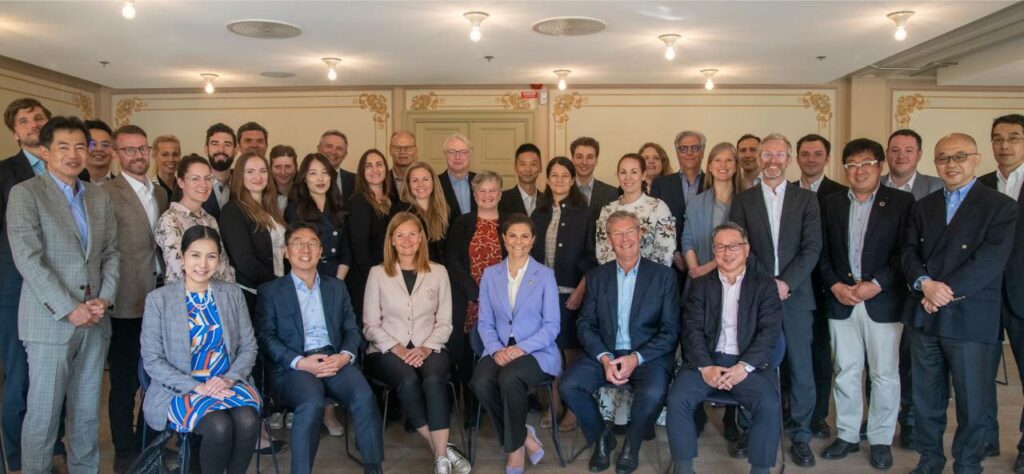On 29 June 2022, at the UN Ocean Conference in Portugal, SeaBOS launched its first progress report, following commitments made at the 2017 UN Ocean Conference

Setting out to tackle the most urgent challenges in the seafood sector, SeaBOS shares lessons learned and progress made to advance its mission: to lead a global transformation for sustainable seafood production and a healthy ocean.
SeaBOS established ten commitments to guide its work, spanning from reducing IUU fishing and eliminating modern slavery to reducing greenhouse gas emissions. As of June 2022, all ten member companies have established time-bound climate goals aimed at reducing their greenhouse gas emissions in line with the Paris agreement. They have also undertaken to publicly report on their scope 3 emissions by October 2022.
Gearing up
Progress includes the establishment of a roadmap for reducing antibiotics in aquaculture as well as an endangered species strategy, science-based best practice guidelines for reducing negative impacts on endangered species of elasmobranchs (sharks, skates, and rays) and seabirds, and a City to Sea plastics strategy.
Work is underway on commitments such as improving fisheries and aquaculture management through policy collaboration, as well as mechanisms to grow aquaculture sustainably and ensure greater transparency in seafood value chains.
“Since we launched SeaBOS at the 2017 UN Ocean Conference, much has been achieved, particularly in creating the foundations for future,” says Log Bergjord.
“This work is starting to generate results and it is inspiring others. It will be important to gear up activities and partnerships going forward.”
“The reality is clear – we still have a long way to go to create a global transformation,” says Martin Exel, Managing Director of SeaBOS.
“But we are aligned in our journey and our vision. And we are making progress. We are reporting publicly to help others understand the situation we see now; the vision of where we are headed, and to show how we plan to get there.”
Fundamental for humanity
As a global science-business initiative, the SeaBOS model is unique. It combines trans-disciplinary scientific expertise, with transnational industry expertise. The SeaBOS model is described in the Progress report, which focuses on how SeaBOS is working to deliver on its mission, and address the key challenges for ocean stewardship.
“The ocean sustainability challenge is fundamental for humanity,” says Henrik Österblom, Science Director at Stockholm Resilience Centre at Stockholm University and Chair of the SeaBOS Foundation. “We are convinced collaborative action between science and industry is a part of the solution for a sustainable future. We hope that the SeaBOS action will inspire others to follow, and that it will encourage governments to take urgent action for our shared ocean.”
View the video from the report launch at the UN Ocean Conference.
